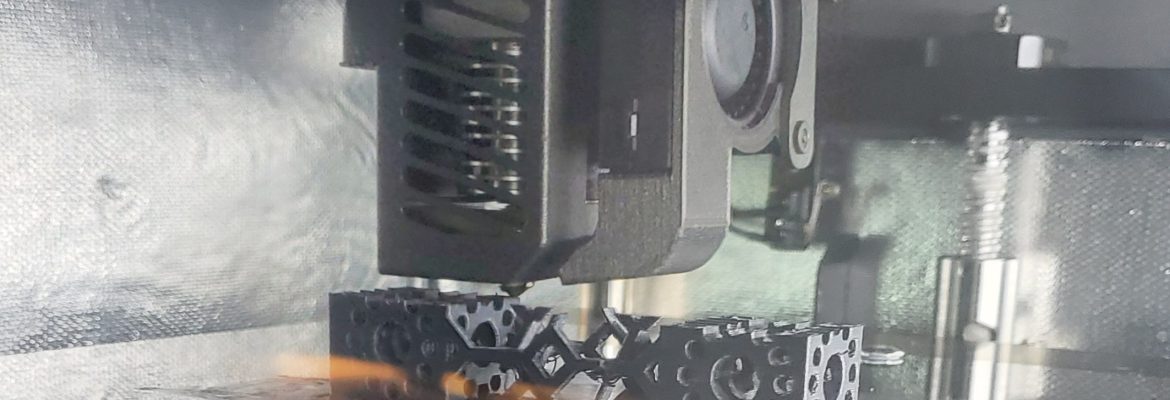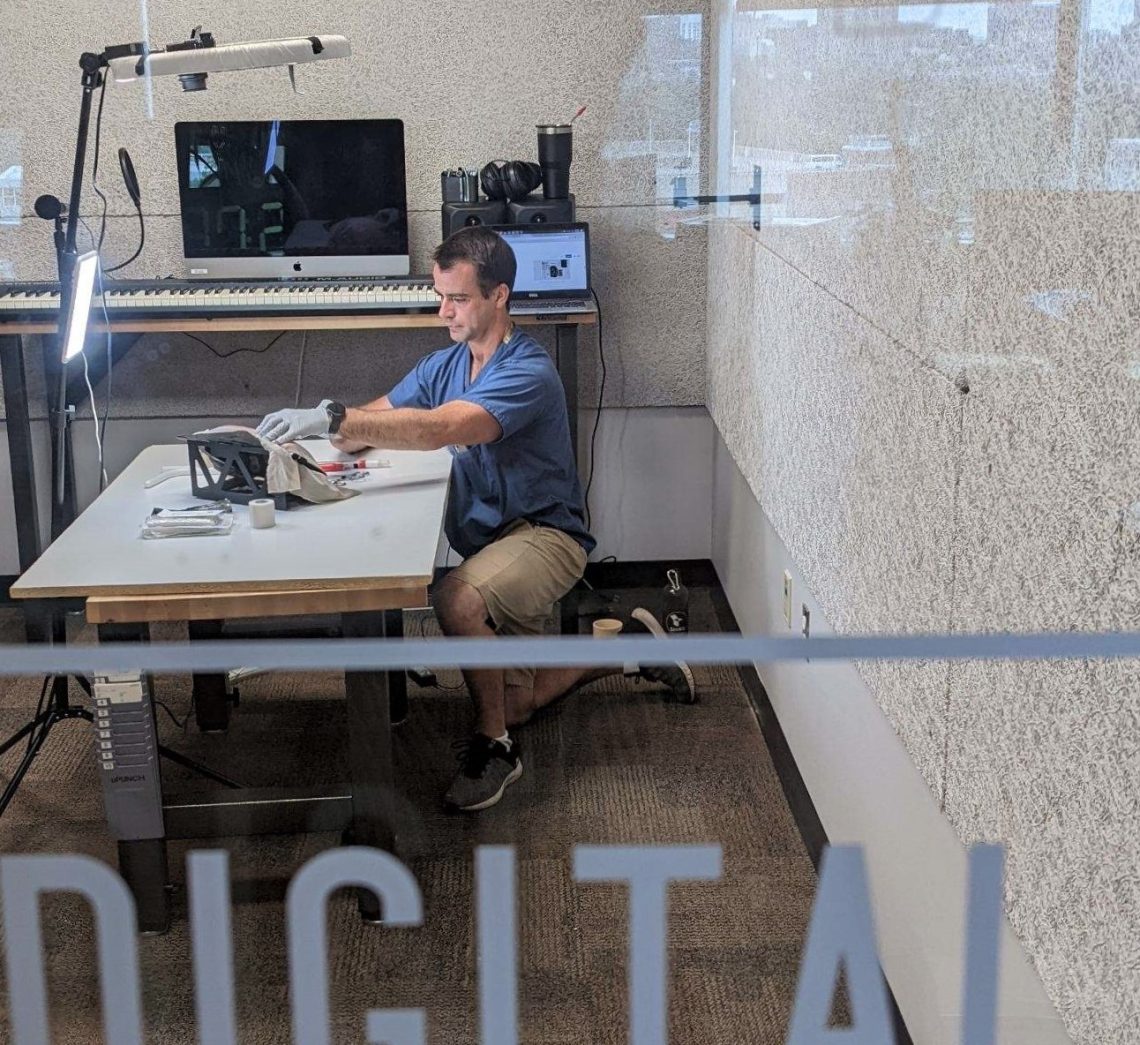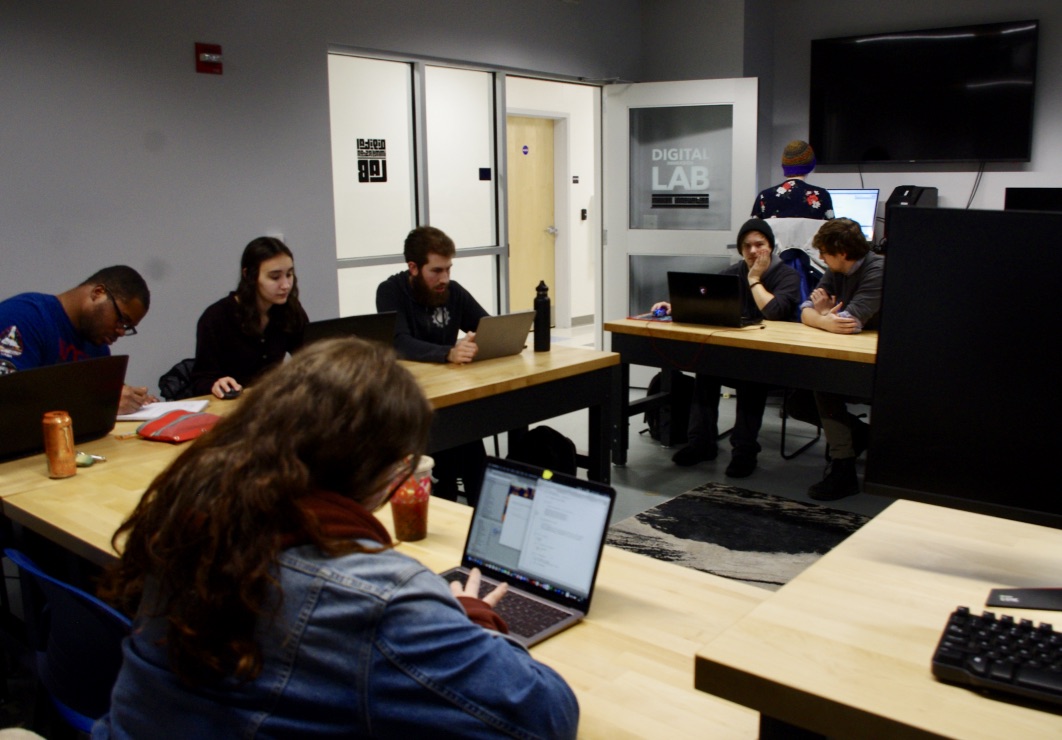The USM Maker Innovation Studio (MIST Lab) is a collaborative work space for making, learning, exploring and sharing. Our makerspace is open to USM students, faculty, and staff as well as K-12 students and commercial prototyping ventures. The MIST Lab aims to supports hands-on learning and researches in science, technology, engineering, art and math fields. We provide users a range of cutting edge technology and tools to foster entrepreneurial and critical thinking skills, as well as creativity and confidence in STEM.
We have a variety of resources across multiple labs, including over twenty 3D printers, laser cutter, CNC Mills, soldering stations, sewing and Digital Embroidery machines, Designs and CAD software, and Unity. Our list of equipment and software is provided below.
What will you create? Click here to fill out our Project Application form.




